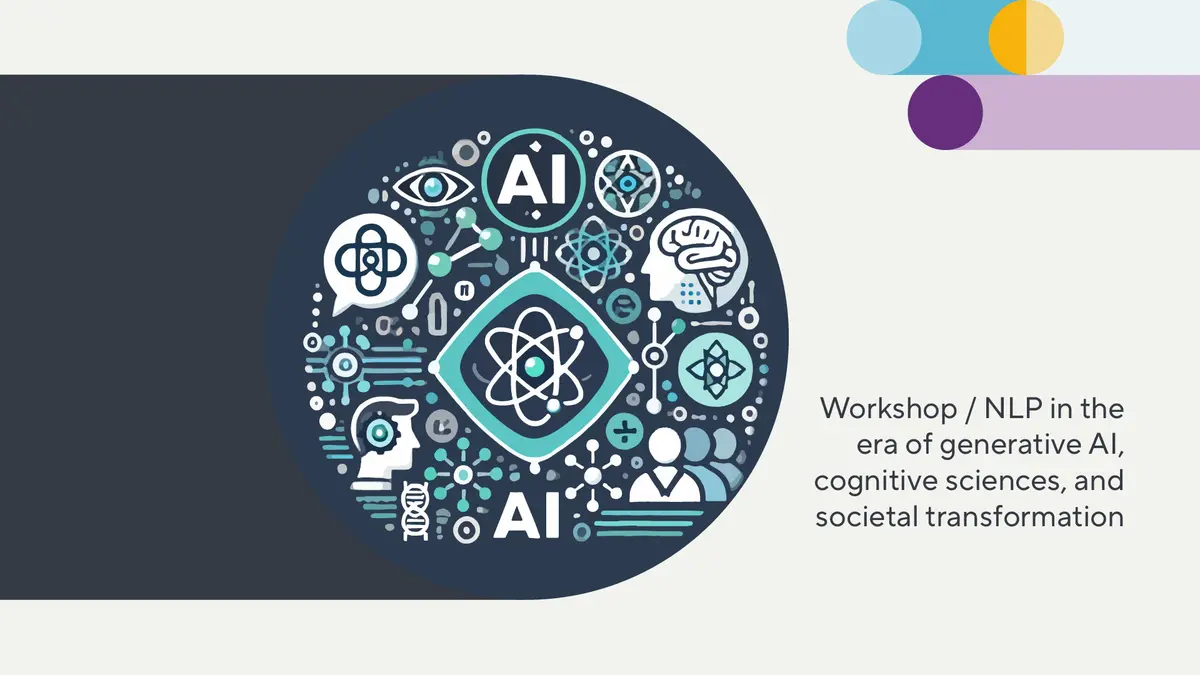Through presentations, debates and interactive sessions, the workshop aims to encourage collaboration, knowledge exchange and critical thinking between researchers, practitioners, policymakers and stakeholders from all disciplines. By engaging with cutting-edge research, ethical dilemmas and real-world applications, participants will gain a holistic understanding of the multifaceted landscape of NLP, AI and cognitive science, and their profound implications for the transformation of society.
The event is open to AI, NLP and related researchers from academia and industry, as well as master's and PhD students in all areas of AI.
Program
-
Day 1: dedicated to NLP in the era of generative AI, where participants will examine the latest advances in NLP techniques powered by generative AI or beyond. Discussions will revolve around the capabilities, challenges and ethical considerations associated with these technologies, offering insight into their current state and future trajectories;
-
Day 2: on Bridging Minds: Exploring the intersection of cognitive science and AI in language learning, explores the convergence of cognitive science and AI in understanding human language acquisition and building intelligent language systems. Speakers and participants will look at cognitive theories of language learning, computational models inspired by human cognition, and practical applications of AI-driven language teaching and communication;
-
Day 3: the focus will be on how large language models will transform society, examining the broader societal implications of large language models (LLMs) and their pervasive influence in various fields, including education, media, healthcare and governance. Discussions will focus on ethical considerations, prejudice, privacy and the democratization of access to information, with the aim of fostering critical reflection and responsible deployment of large language models for the benefit of society.






